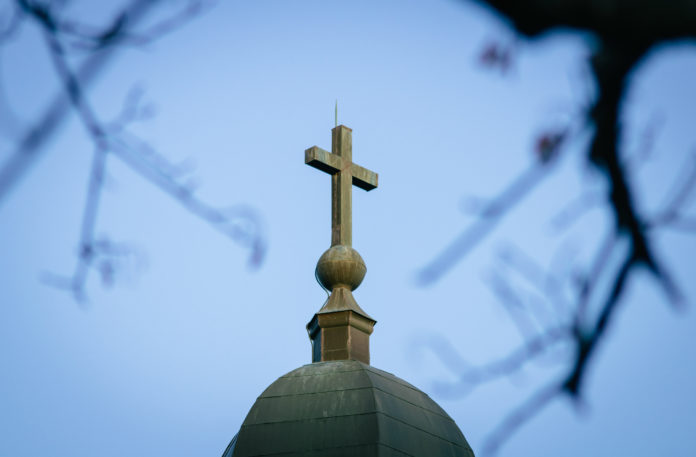Human dignity and human rights are essential realities in Pope Francis’ view. In a new encyclical addressed in October, Pope Francis made a heartfelt plea for the notion of universal brotherhood and sisterhood, even of universal friendship. But he said a just society requires a more personal commitment. We must see others, not only as rights-bearing individuals, but as brothers, sisters and friends. It’s this “social friendship,” transcending political and geographic barriers, which can motivate respect for human rights and assistance to brothers and sisters in difficulty.
Francis criticizes current modes of political engagement which, through a strategy of “ridicule, suspicion and relentless criticism,“ deny “the right of others to exist or to have an opinion.” Those who spend a great deal of time on the internet recognize this mode of engagement in everything from Trumpian Twitter to cancel culture. We also recognize it in ourselves.
When engaging with people online, it’s easy to succumb to anger and outrage every time we disagree with someone. Unconsciously, we reduce the person to their online presence. After all, that’s how we encounter them. Thus, amid an illusion of greater connection, our social worlds are in danger of collapse. “Respect for others disintegrates, and even as we dismiss, ignore or keep others distant, we can shamelessly peer into every detail of their lives,” Francis said.
Francis suggested more human modes of economics, politics, relationship with the environment and globalization. Concern for the common good and our common home should animate all spheres of public life. But this encyclical offers grounds for hope and practical action to individuals as well as to nations. Francis said we can transform ourselves and society with us by cultivating a spirit of openness and friendliness towards strangers. We should nurture this sense of fraternity, especially when confronted with a person who differs from us in political opinion, race, nationality, age, creed, gender, or economic status.
To say that such a personal commitment can transform the world seems like pie in the sky. How could it be simple? But the Pope invokes his namesake saint, Francis of Assisi, who did just this. St. Francis’ epoch-making ministry consisted in the simple expression of fraternal love to the poor and outcast of his time, to people of different creeds, even to animals, the sun and the moon. The example of simple acts of inclusion and love gave a new priority to kindness in the minds of countless millions and made of St. Francis one of the best known and best loved saints. The Pope who bears his name calls us to the practical virtue of social friendship, which, he maintains, has the capacity to change the world.
The Campus Ministry Column is a column written by Vivian Zelanzy, the campus minister.

